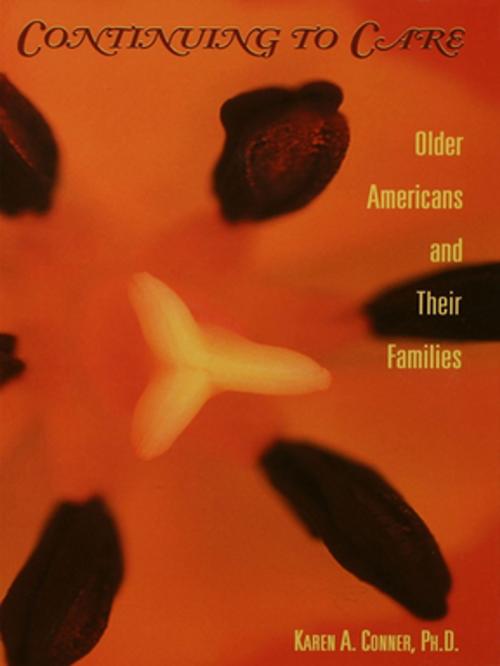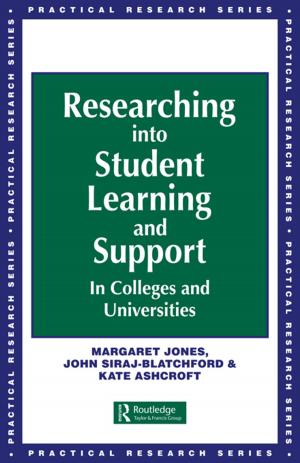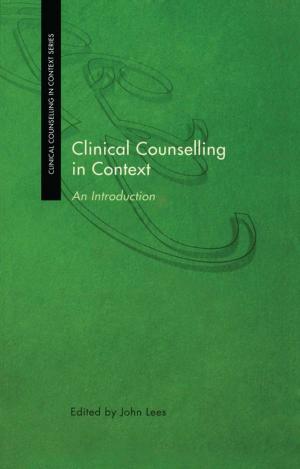Continuing to Care
Older Americans and Their Families in the 21st Century
Nonfiction, Social & Cultural Studies, Social Science, Sociology| Author: | Karen Ann Conner | ISBN: | 9781134825936 |
| Publisher: | Taylor and Francis | Publication: | August 21, 2013 |
| Imprint: | Routledge | Language: | English |
| Author: | Karen Ann Conner |
| ISBN: | 9781134825936 |
| Publisher: | Taylor and Francis |
| Publication: | August 21, 2013 |
| Imprint: | Routledge |
| Language: | English |
'Continuing to Care?' describes the challenges of an aging America and changing family system. Caregiving has always been a primary obligation of the family based on an informal intergenerational contract that specifies 'who owes what to whom.' This system of intergenerational reciprocity has been a central feature of American family life and has formed the foundation for successful social programs such as Social Security and Medicare that support older Americans.
Recent changes in the American family threaten the intergenerational family contract. Changing definitions of family, increasing divorce and remarriage rates, the establishment of blended families, and dramatic changes in the age structure and intergenerational composition of the family affect the ability of this important social unit to continue to provide care to its members.
Change in the American family system raises some difficult personal and social questions. What is the obligation of adult children to elderly frail parents? Are we expected to provide care ourselves or is supervising care provided by others an acceptable alternative? Do the same rules apply in the case of step parents? What is a childs obligation to a long absent father? Can Americans continue to juggle responsibility for their children with the demands of careers and the needs of aging parents? How much longer will we do it? And what will society do if we decide to stop?
These questions need to be addressed as we reexamine our families caregiving role. 'Continuing to Care?' brings these questions into the public forum for consideration and debate.
'Continuing to Care?' describes the challenges of an aging America and changing family system. Caregiving has always been a primary obligation of the family based on an informal intergenerational contract that specifies 'who owes what to whom.' This system of intergenerational reciprocity has been a central feature of American family life and has formed the foundation for successful social programs such as Social Security and Medicare that support older Americans.
Recent changes in the American family threaten the intergenerational family contract. Changing definitions of family, increasing divorce and remarriage rates, the establishment of blended families, and dramatic changes in the age structure and intergenerational composition of the family affect the ability of this important social unit to continue to provide care to its members.
Change in the American family system raises some difficult personal and social questions. What is the obligation of adult children to elderly frail parents? Are we expected to provide care ourselves or is supervising care provided by others an acceptable alternative? Do the same rules apply in the case of step parents? What is a childs obligation to a long absent father? Can Americans continue to juggle responsibility for their children with the demands of careers and the needs of aging parents? How much longer will we do it? And what will society do if we decide to stop?
These questions need to be addressed as we reexamine our families caregiving role. 'Continuing to Care?' brings these questions into the public forum for consideration and debate.















